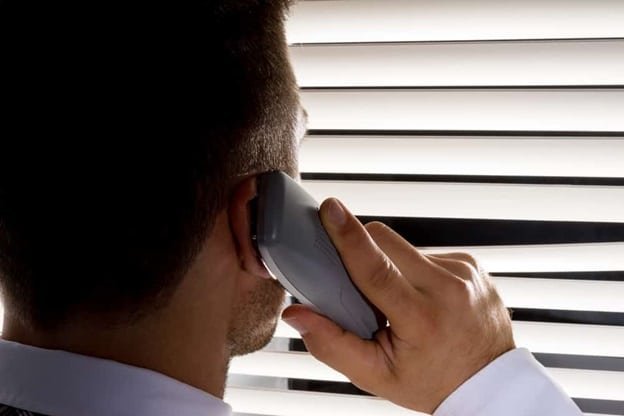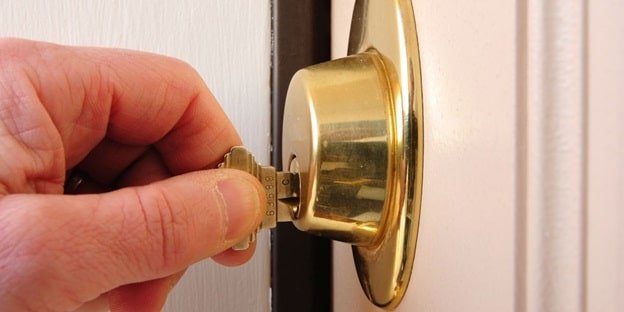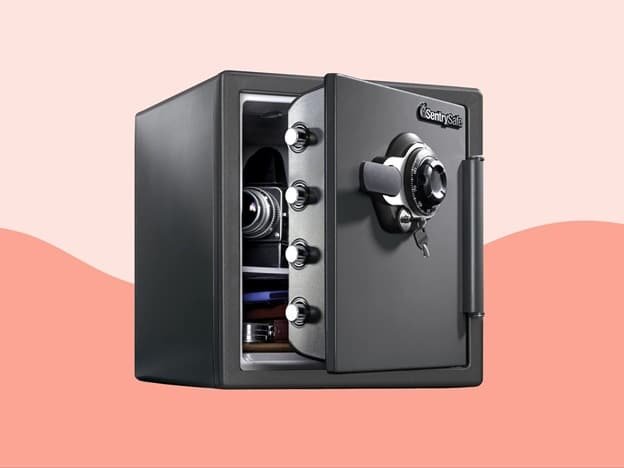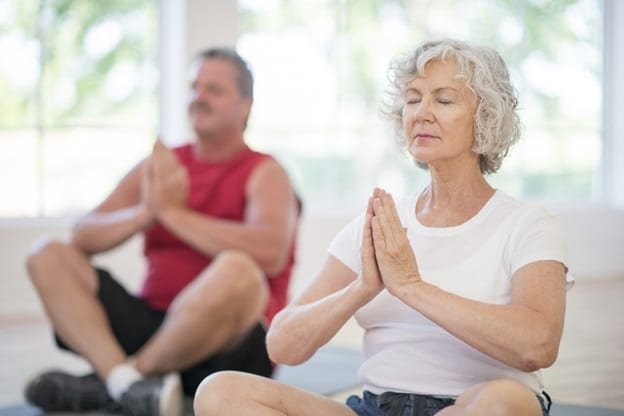When it comes to preparing for unexpected situations, the focus is often on stocking up supplies or learning survival skills. However, securing your home is an equally vital part of being a true prepper. Here are five effective measures you should take to safeguard your fortress against potential threats.
1. Secure Doors and Windows
First and foremost, all the entry points of your house should be reinforced. You can start by upgrading your door locks to deadbolt ones. If your windows seem weak, you could consider replacing the glass with laminated ones or adding security bars. An article I came across recently provides 8 affordable ways to burglar-proof your home. It covers everything from doors and windows to home security systems.
On a related note, the Christian Prepper book provides insights into the biblical importance of security. It also highlights the common mistakes preppers make and how to avoid them, making it a worthy read for anyone looking to stay safe in trying times.

2. Create a Safe Room
A safe room or panic room can serve as a last resort when you’re under immediate threat. You can use a spare bedroom or a basement for this purpose. The room should be equipped with first aid kits, a few days’ worth of food and water, and a method to communicate with the outside world. Also, consider reinforcing the walls, door, and ceiling for added protection.

3. Invest in a Home Security System
While a home security system can seem like an expensive investment, it provides an additional layer of protection to your home. You can opt for an alarm-based system or a CCTV camera setup, based on your preference and budget. It’s an effective deterrent against burglars and helps in catching perpetrators.

4. Build a Perimeter Fence
A high and sturdy fence can deter trespassers and wild animals from entering your property. The fence should be difficult to climb over or cut through. You can consider using materials like metal or brick for this.

5. Learn Basic DIY Skills
There are certain DIY skills that every homeowner, and especially preppers, should master. These include basic plumbing, electrical fixes, and knowing how to operate power tools safely. Being able to fix minor issues around your house not only saves you time and money but also keeps your home functioning optimally during a crisis. This post lists down 10 DIY skills every self-sufficient homeowner should know.
Securing your home requires both physical preparations and a shift in mindset. It’s not a one-time activity but an ongoing process of assessing threats and improving your security measures accordingly. Start by implementing these tips, and remember, being a prepper means always being ready for the unexpected.
Safeguarding Personal Belongings
In addition to physical security measures, it’s also critical to protect your personal belongings. From critical documents to precious family heirlooms, ensuring these items are safe can provide an extra layer of comfort during uncertain times. Consider investing in a fireproof and waterproof safe for storing these valuables. Additionally, digital data like photographs, important files, and other personal records should be backed up to a secure cloud storage system or an encrypted hard drive.
Community is Key
Though focusing on your home’s protection is crucial, prepping doesn’t have to be a solitary act. Fostering strong ties within your community can serve as an additional protective measure. Neighbors can look out for one another, provide assistance in times of need, and share resources. Having a network of trusted individuals around you creates an invaluable support system that’s especially beneficial during emergencies.
Mental Preparedness

Lastly, an often overlooked aspect of prepping is mental readiness. Anticipating and preparing for potential disasters is as much a psychological exercise as it is a physical one. Keeping a clear, focused mind during stressful situations can significantly improve your decision-making capabilities and overall survival chances. Practice stress management techniques like deep breathing exercises, yoga, or even simple walks to help maintain mental equilibrium.







